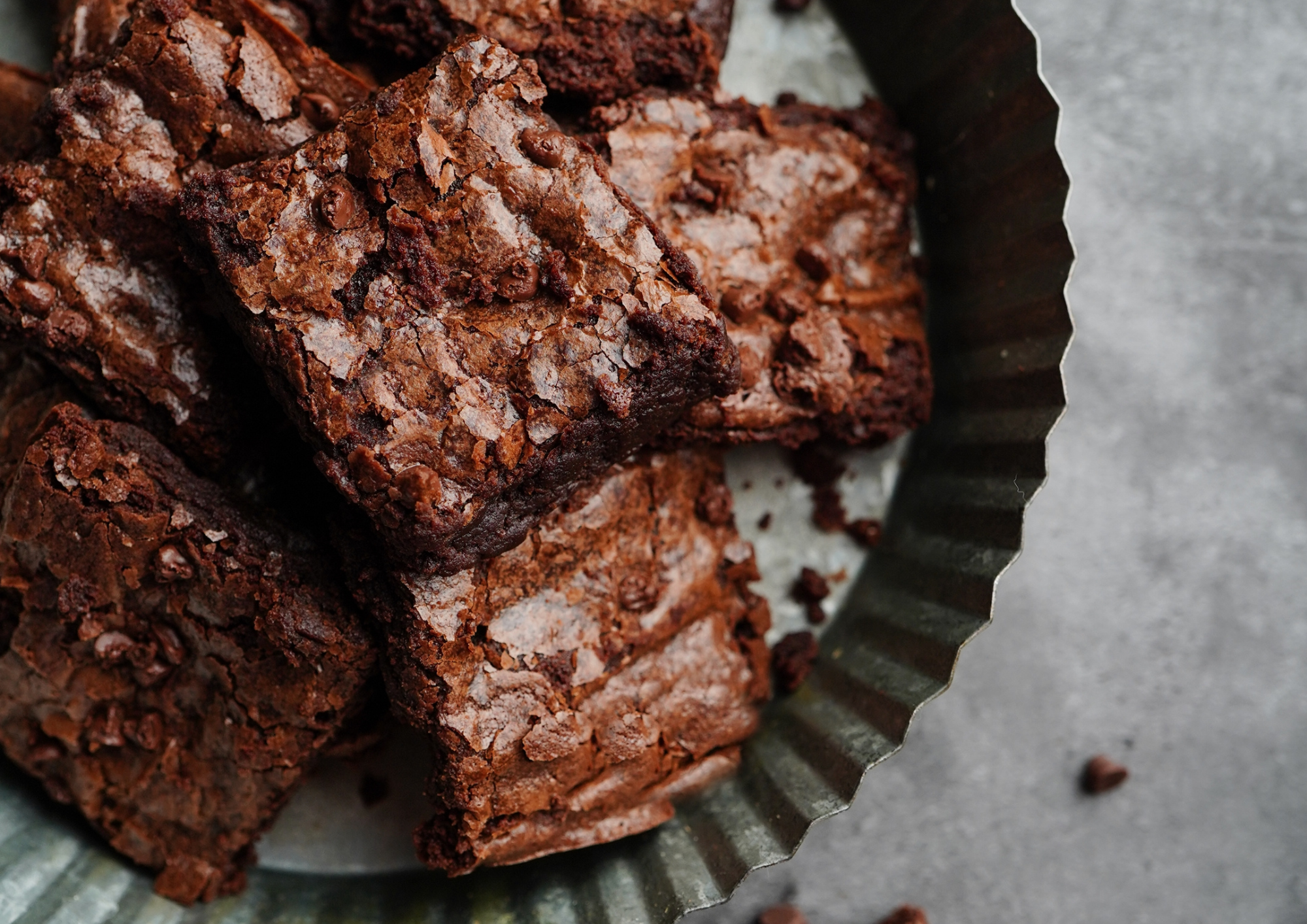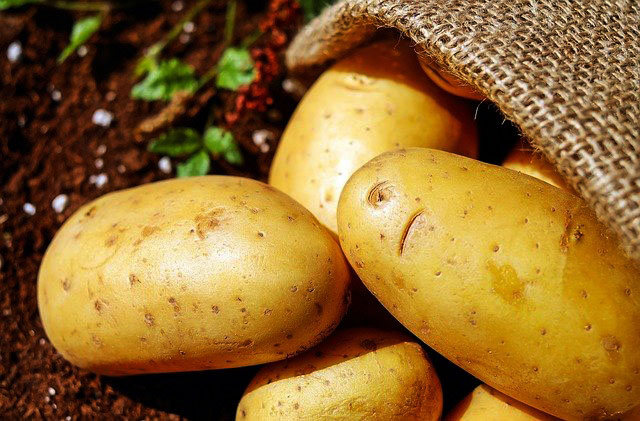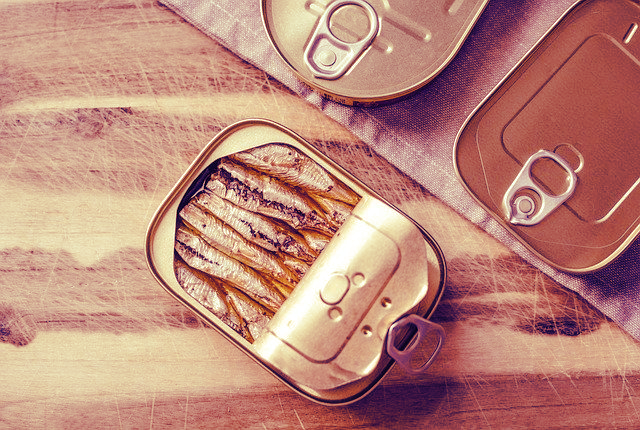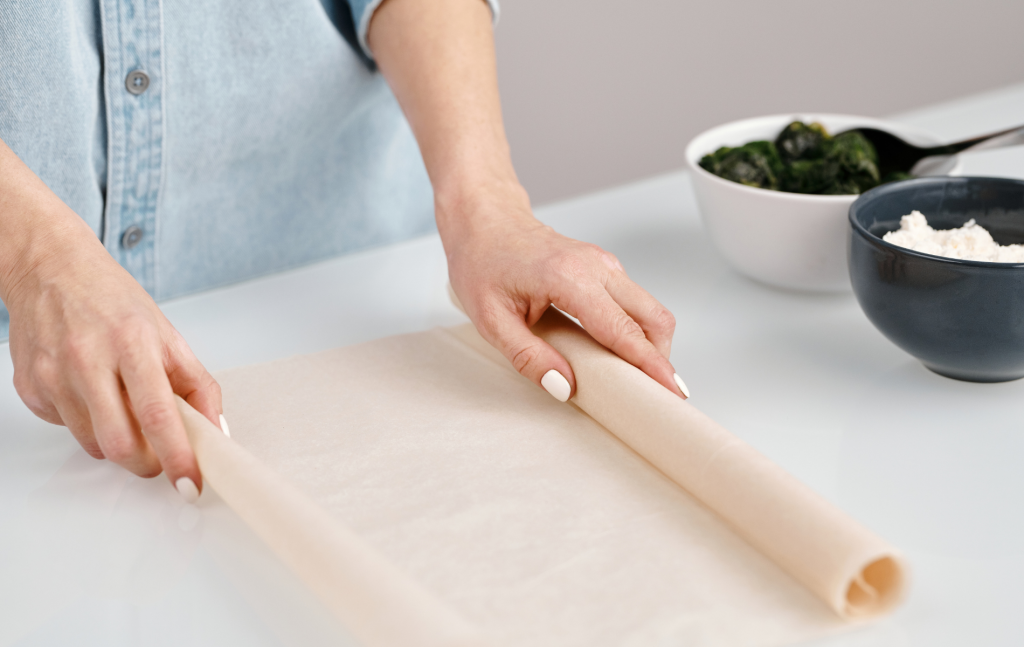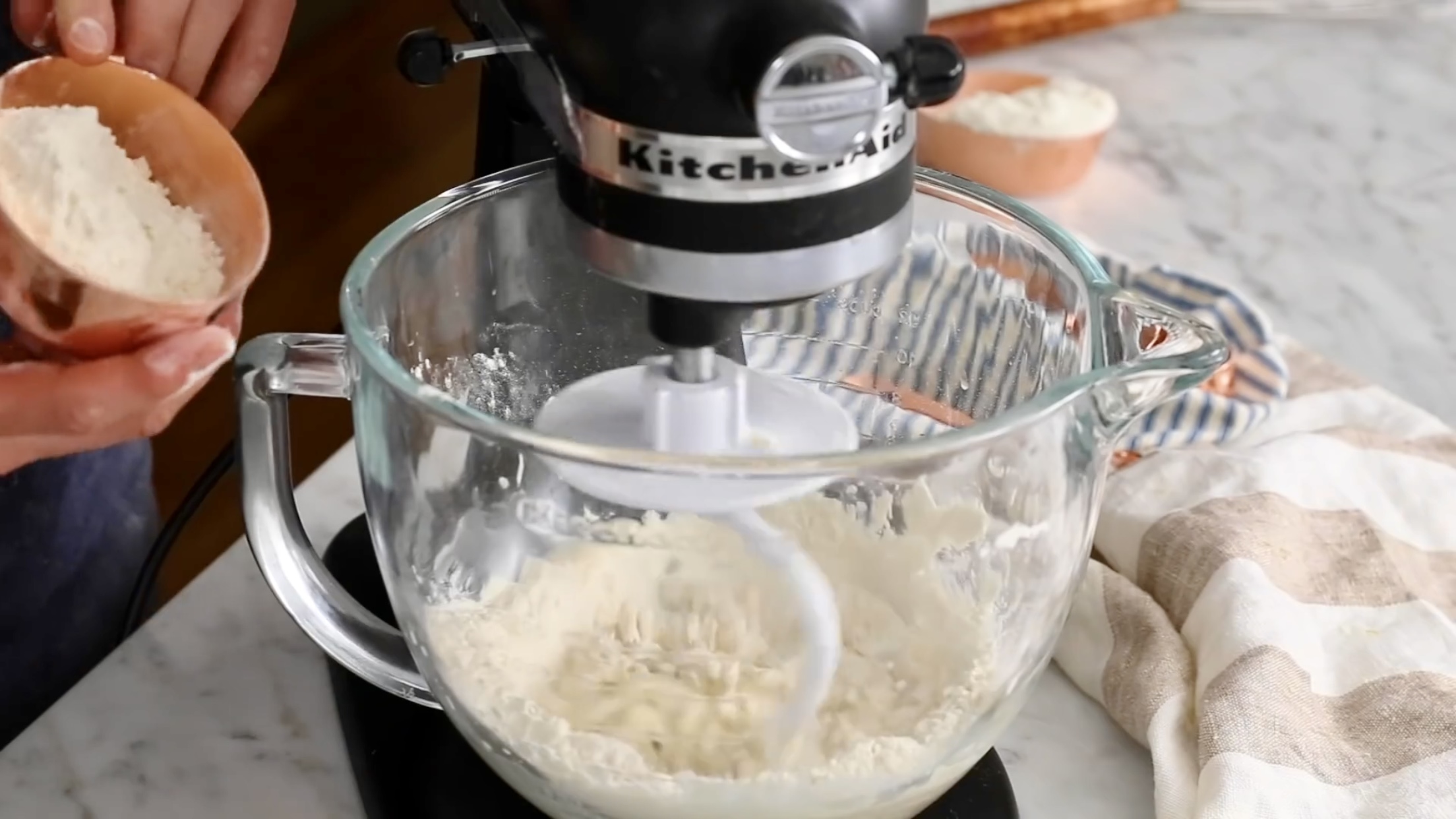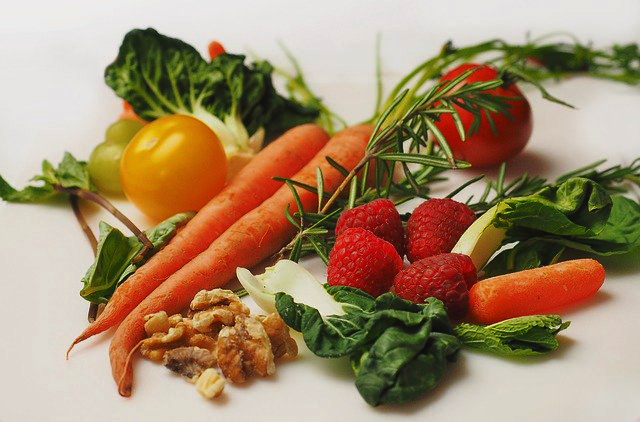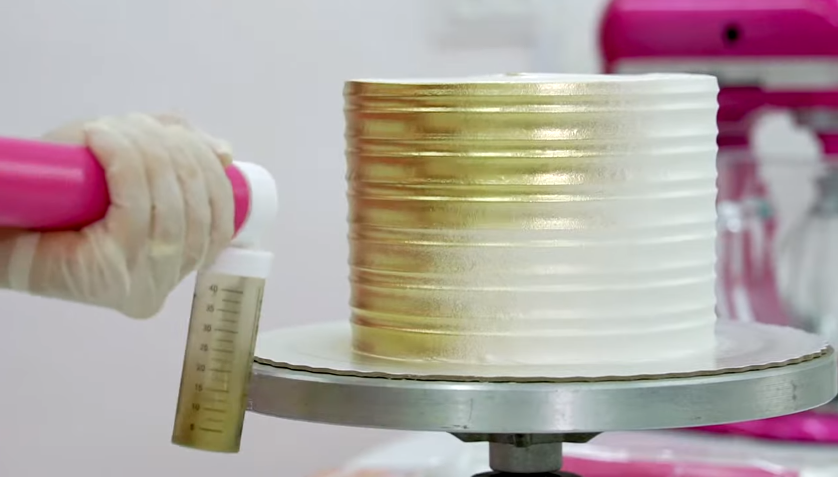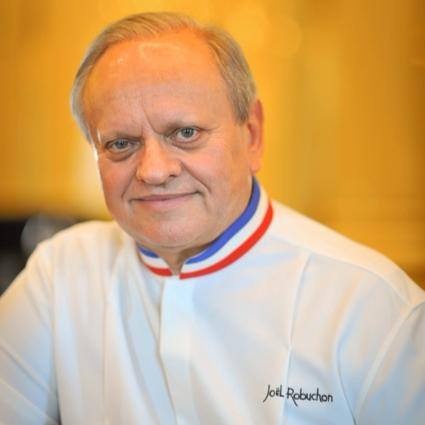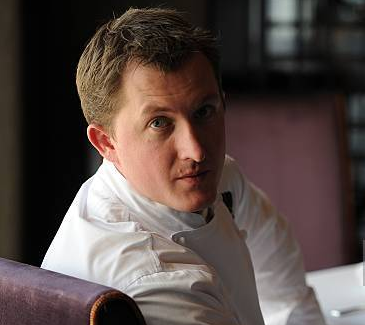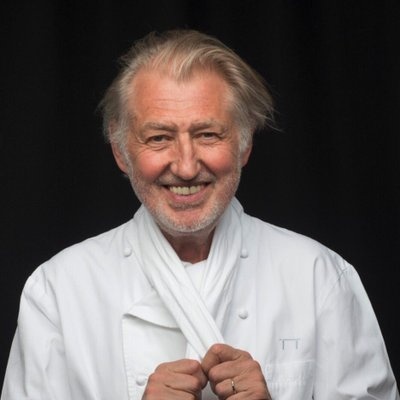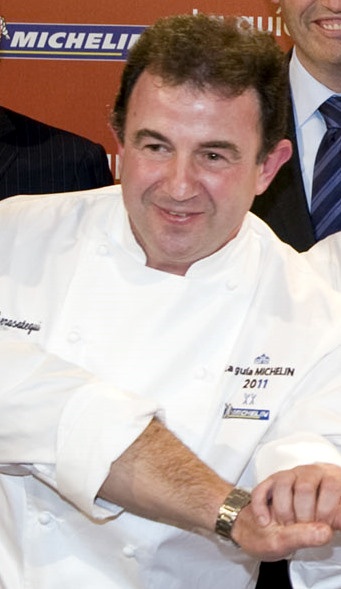Cheesecakes are the simple black dress of the food world - you can complement them with any of dozens, nay, hundreds of flavorings.
The flavor will be subtly different, but there are many substitutes for vanilla extract. Among the liqueurs, amaretto will impart an almond taste; fraise de bois, strawberry; Frangelico, hazelnut; Kahlua, coffee; Poire William, pear; Cointreau or Grand Marnier, orange; and so on. Apricot, cherry, or other fruit brandies will impart their own characteristics. Various flavorings and extracts - almond, rum, lemon, lime, orange, kiwi, mango, peppermint, etc. - can substitute as well, as can jams, pureed fruit, and such stand-bys as lemon, lime, or orange juice.
Extracts generally have stronger flavor than liqueurs and juices, so you might add as little as a half-teaspoon of peppermint extract or one or two teaspoons of lemon extract, but you might want two tablespoons of Grand Marnier. In general, you can safely add two tablespoons of a liquid ingredient to a large cheesecake batter (one including two pounds or more of cream cheese and four or more eggs) without the risk that it will be too soupy to set up in the oven.
Chocolate extract would best be used in the making of a chocolate cheesecake, as it may be too subtle (and therefore disappointing) in a plain cheesecake that does not also include melted chocolate or chocolate chips.
There are lots of great cheesecake books on the market, but one of our favorites - which demonstrates the almost unlimited variety of flavorings you can use - is The Ultimate Cheesecake Cookbook (Canada, UK), by Joey Reynolds and Myra Chanin.
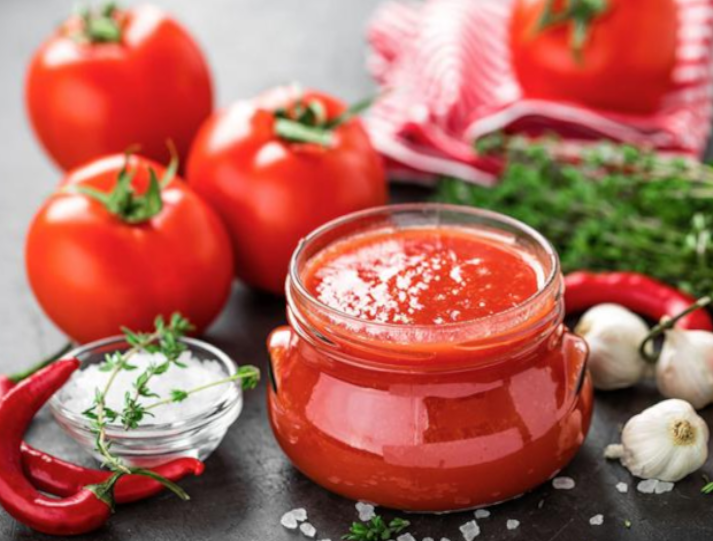
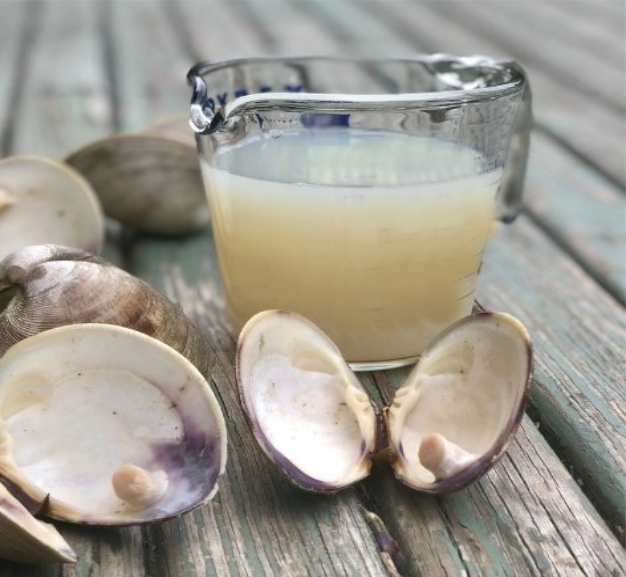
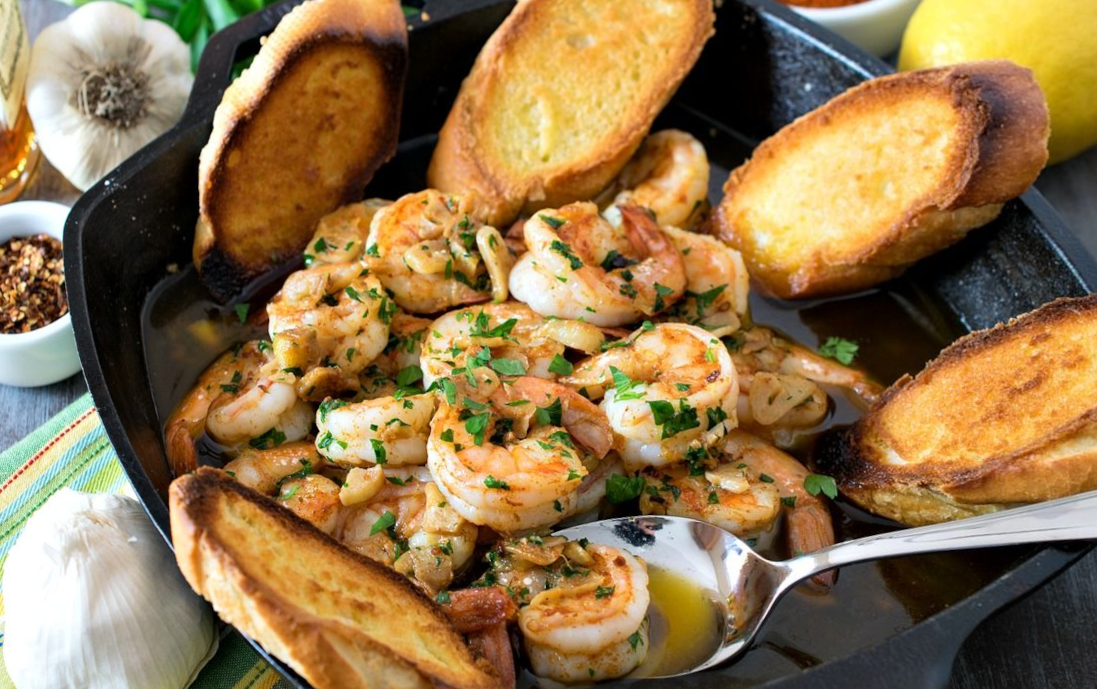

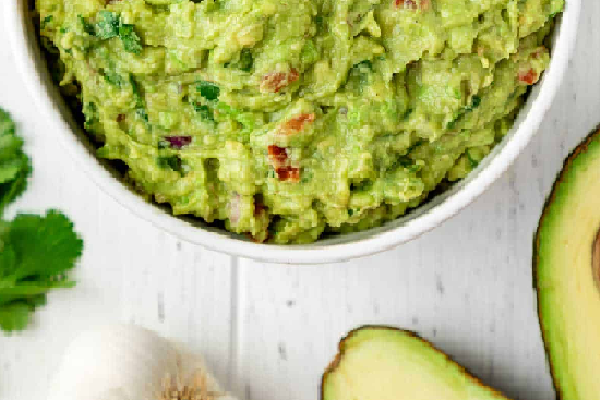
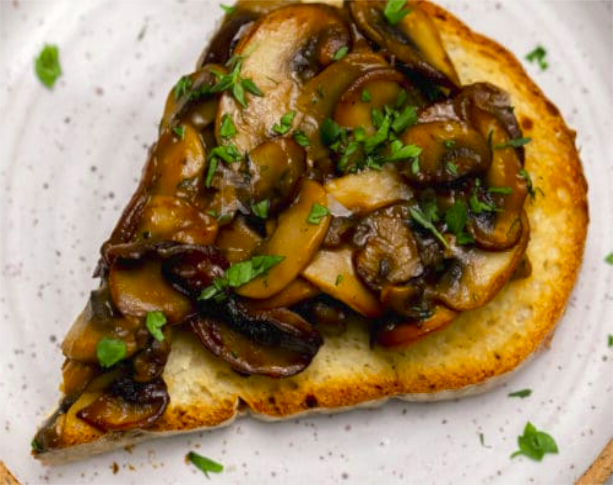
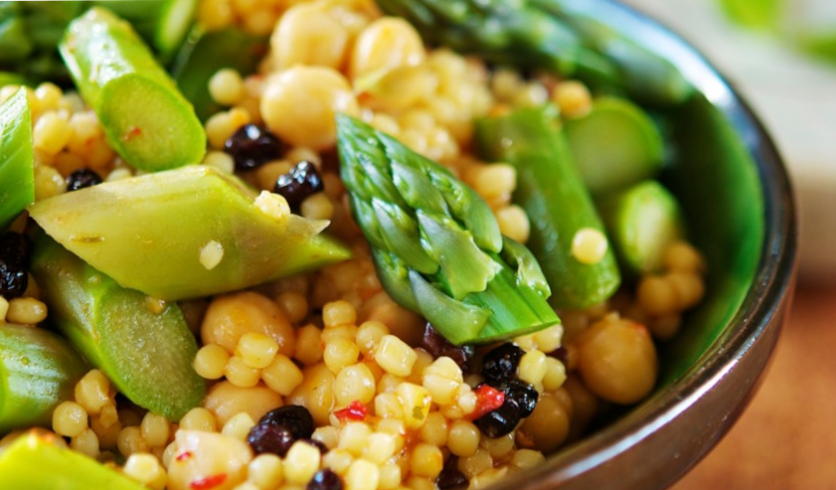
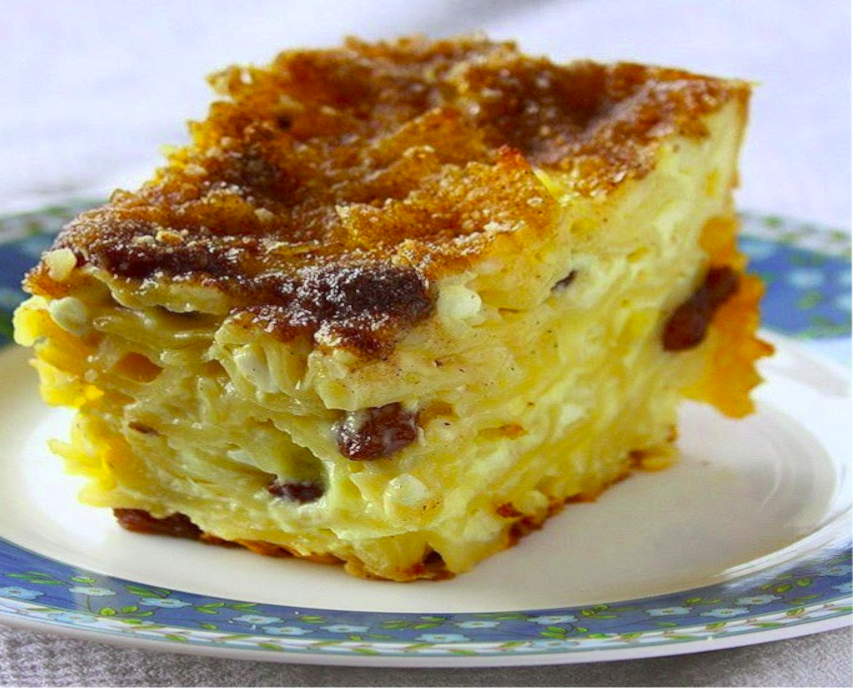
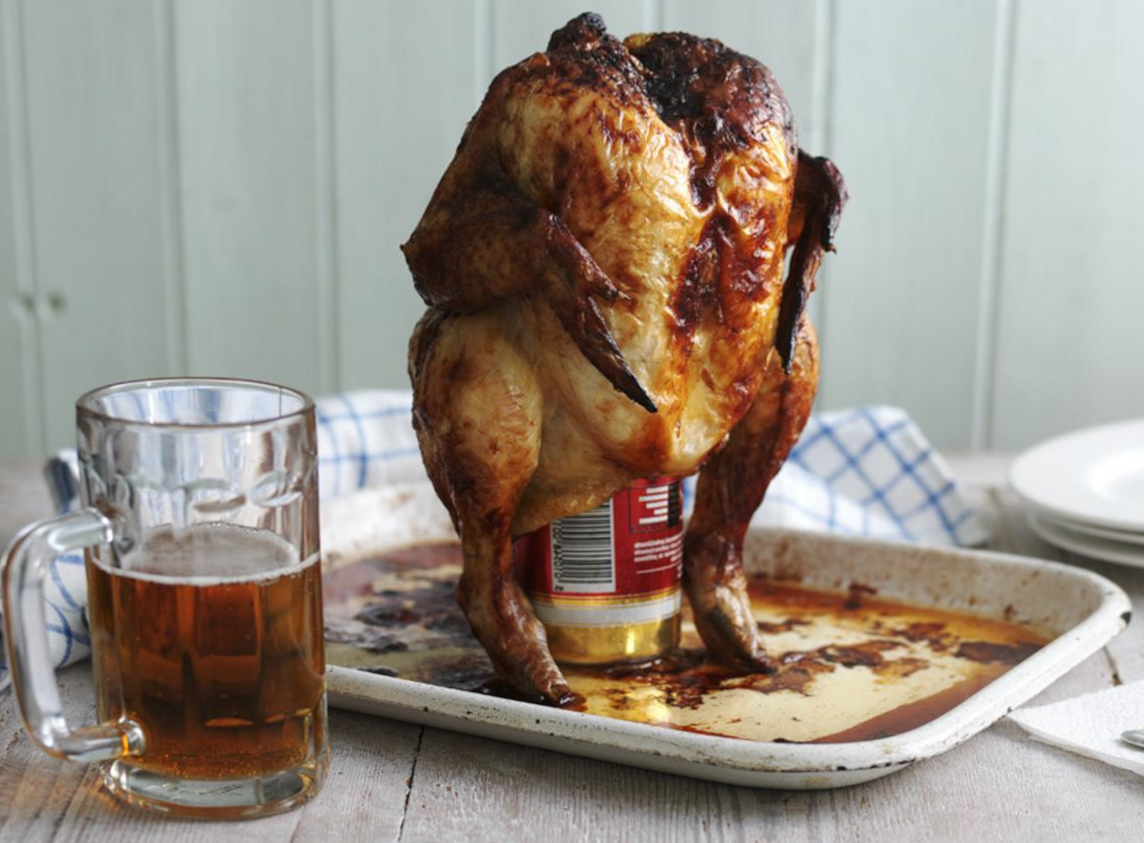
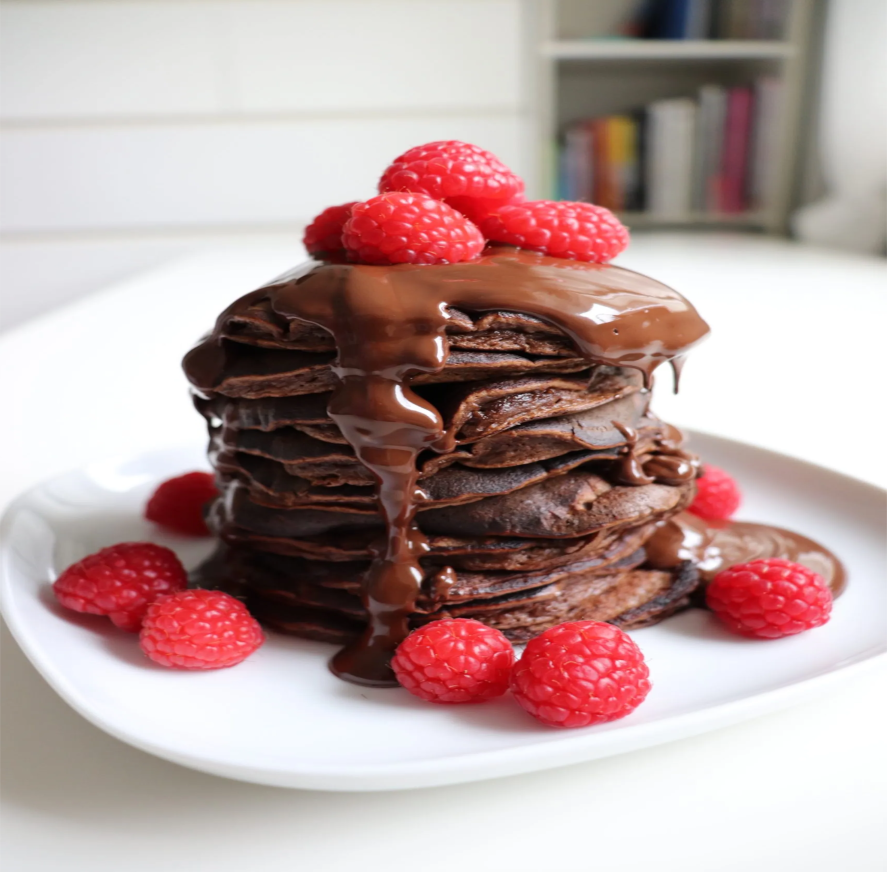
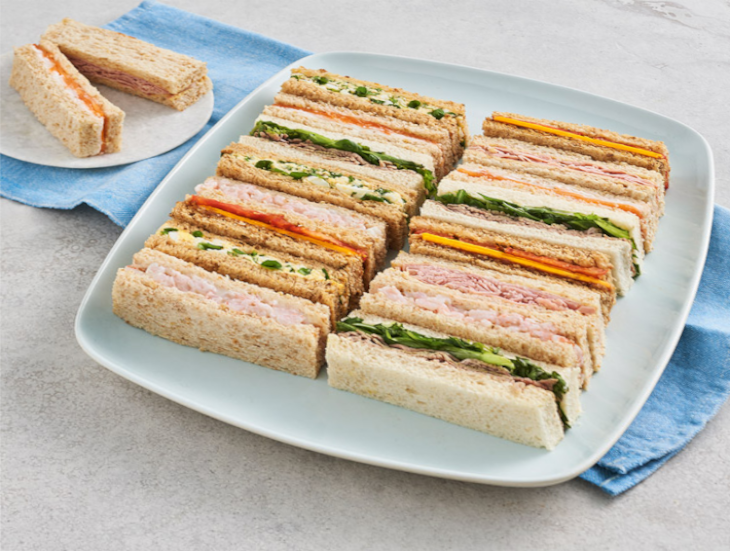



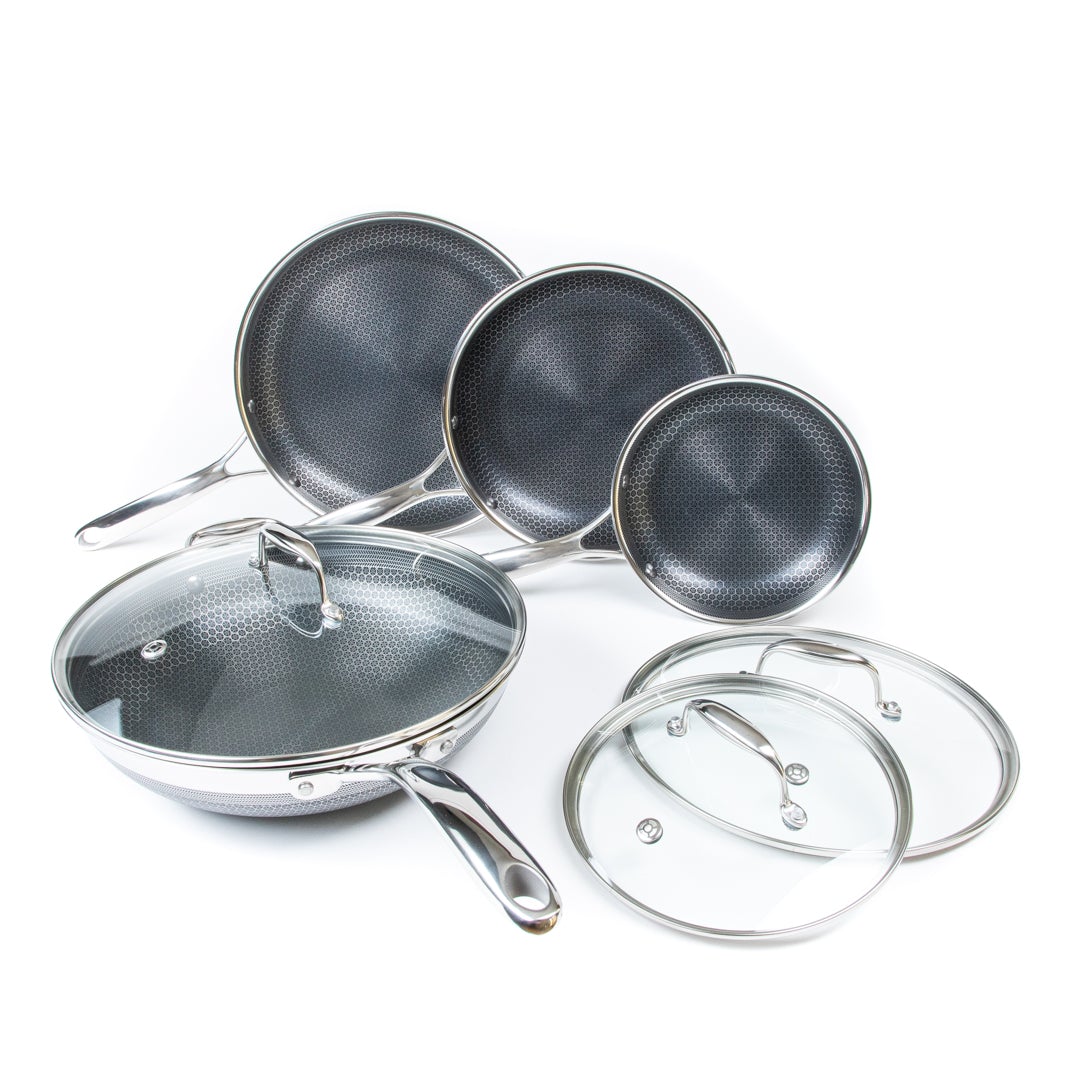
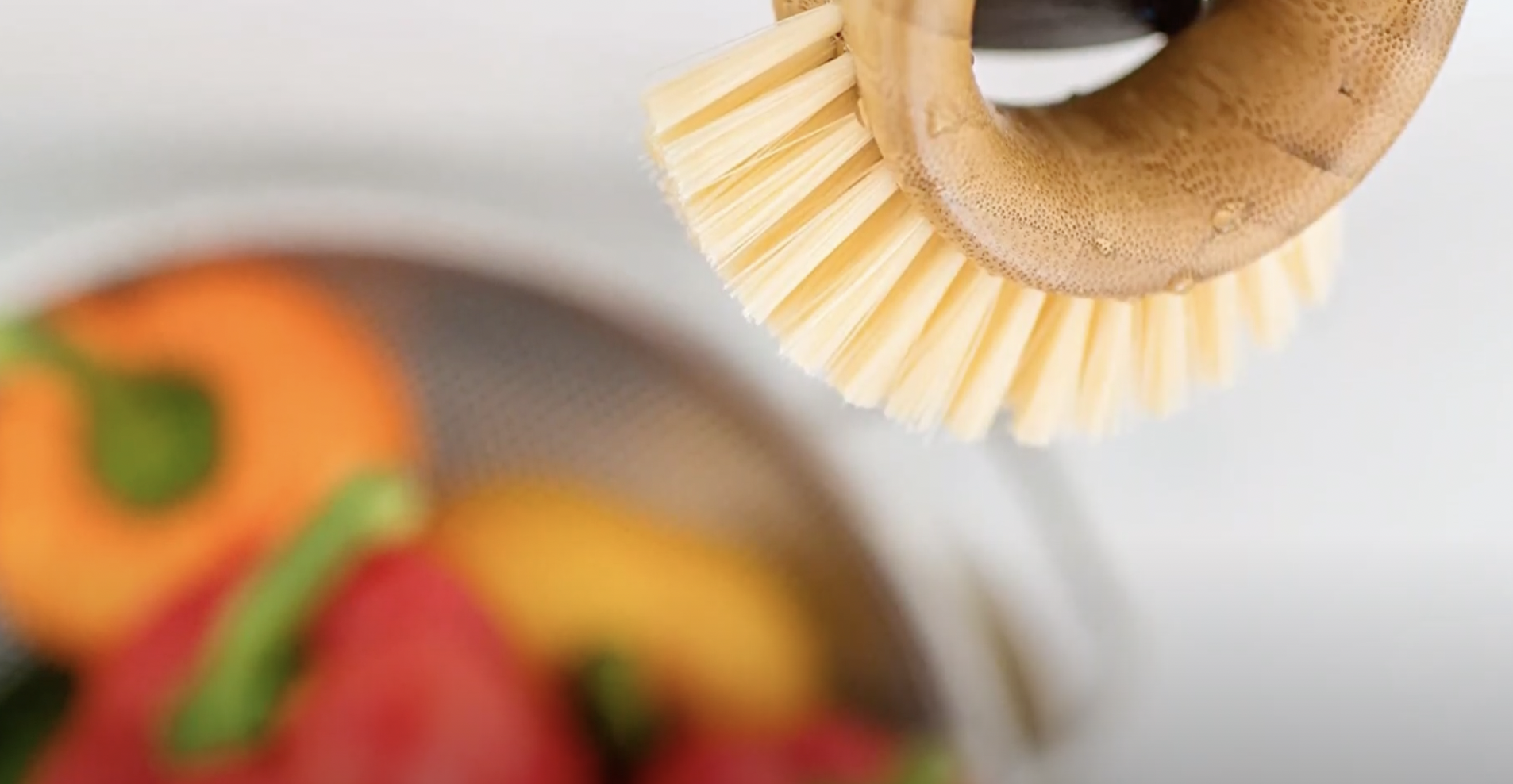
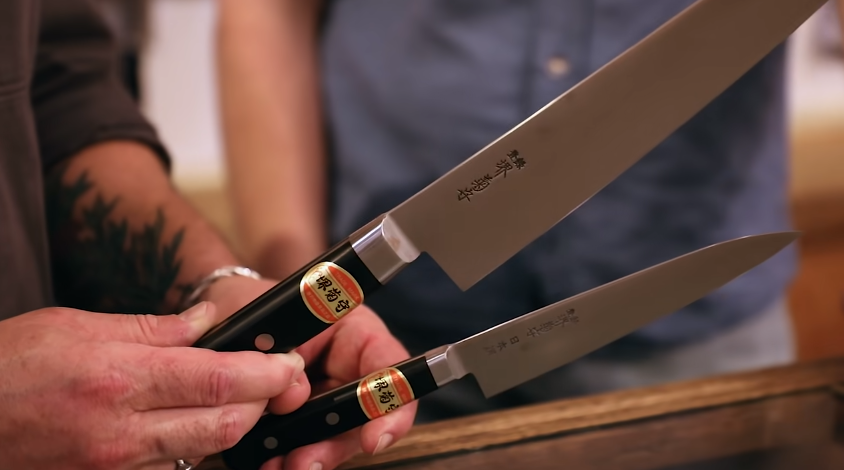
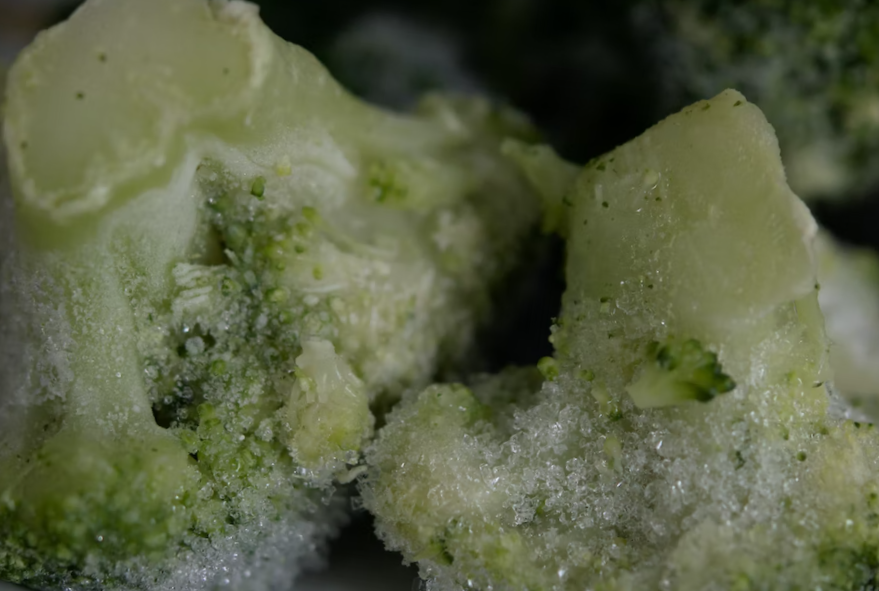
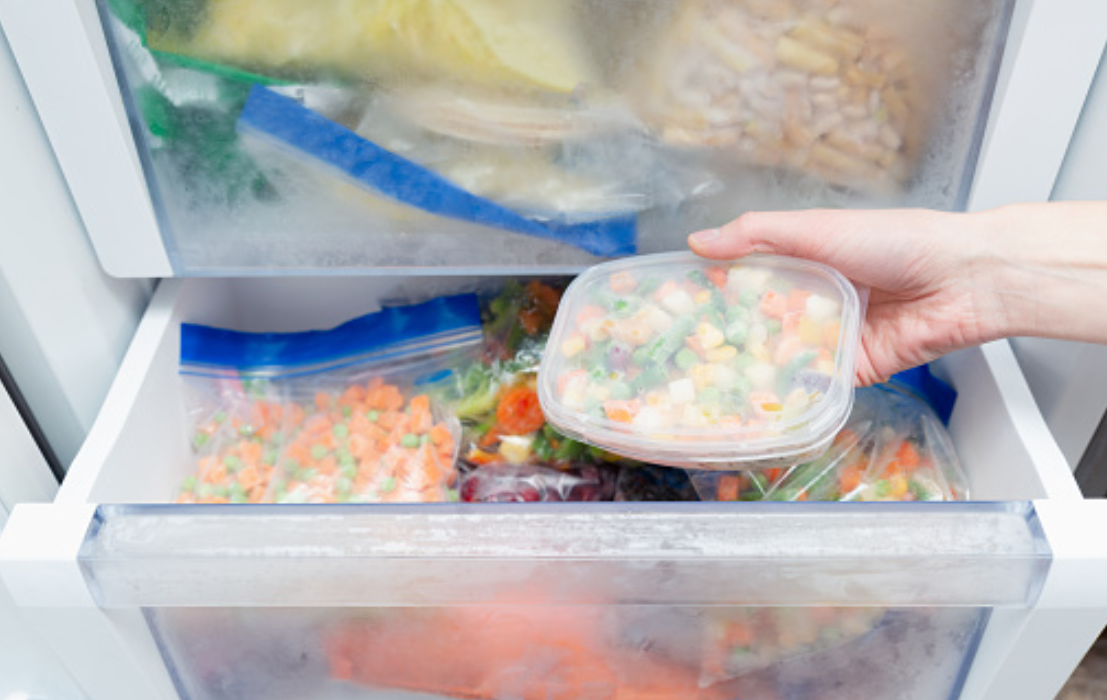
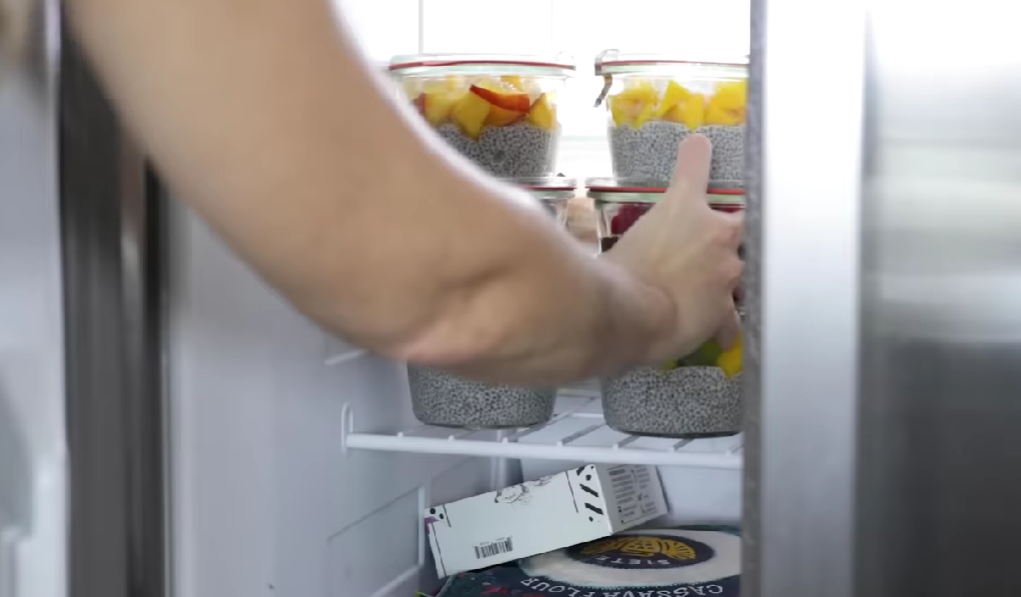
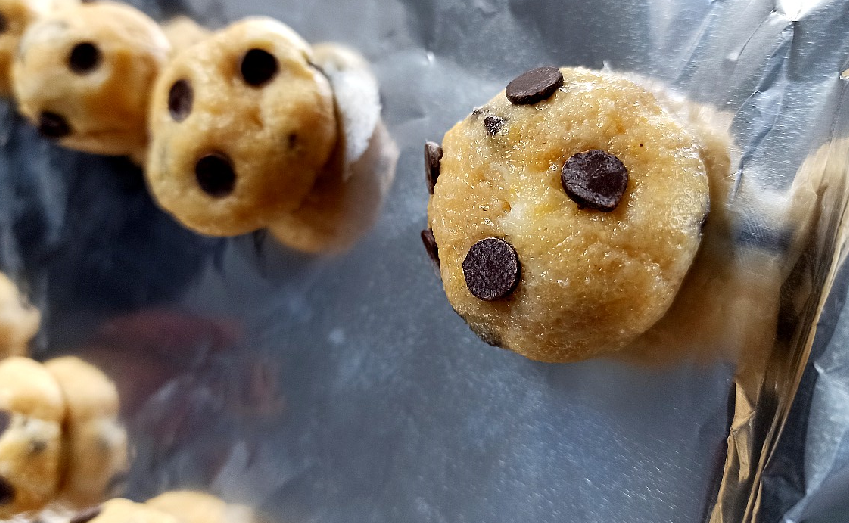
![Can you Cook Eggs in the Microwave? [Complete Guide]](/assets/images/c1f79d1cad59f18f9b5dc31403bd0eb2.png)
